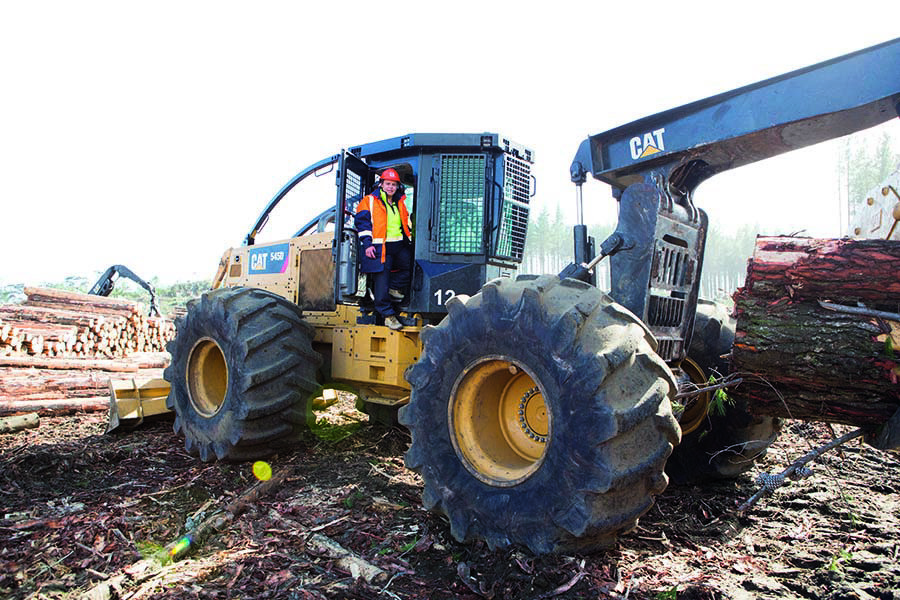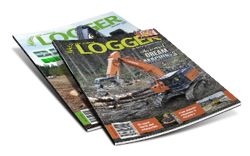
If we were looking for a reason not to have started our business two years ago, health and safety compliance would have been it. Forestry health and safety can be a scary thing if you don’t do it right,” says Rā Whakapono Logging’s Tania Gibb.
Tania is thankful that she and her husband, Irvin ‘Smurf’ Gibb, forged ahead with starting their Gisborne contracting business in 2022. While the couple committed to rolling out best practices for Rā Whakapono’s health and safety processes, Tania went a step further in her learning and recently graduated with a New Zealand Certificate in Workplace Health and Safety Practice Level 3 this month.
Her training was generously funded by Eastland Wood Council (EWC), after the council joined forces with WorkSafe, Competenz and various industry stakeholders to create a course aimed at empowering women working in the region’s forestry industry, to enhance the safety standards in their organisations.
Twelve Gisborne women have completed the Level 3 health and safety programme, with 10 stepping up to the Level 4 programme.
Eastland Wood Council Health, Safety and Training committee Chair, and Acting Head of the Women in Tairawhiti Forestry group, Jessie Bourke, says the collective commitment of the group stakeholders to launch the course highlights the industry’s commitment to fostering inclusivity, professional development, and a culture of safety.
“By giving so many women the opportunity to attend, we have instantly driven up the health, safety and wellbeing knowledge within small businesses in our community – arguably the most high-risk industry here on the East Coast. That has to be a win for women and for our communities,” she says.
She says there was an enormous response to the EWC’s call for applications, and every spot was filled with a waiting list at hand.
“These courses have not been run in Gisborne for several years so it has been great to offer them and know that the cost burden to small businesses would be alleviated through the funding.
“The courses are staged and flexible to work around the demands of running a small business. If more courses could be offered in a variety of different manners, it would go a long way to break down the access barriers for women. Spending several thousand dollars for one person to attend is a lot to ask of small businesses hit hard by COVID-19 restrictions, cyclones and the general downturn in the log market.”
Opening doors
Tania agrees that the programme has far-reaching impacts for other women working in forestry: “Women are underutilised in forestry. I was already running the health and safety in our business, if a little blindly. I know there are other forestry businesses in the same boat – female employees and co-owners who are also the health and safety reps who can fill this gap in their business. More women could be empowered and recruited into these programmes.
“Health and Safety training opens the door for women in forestry. Some may prefer to work hours that are...






